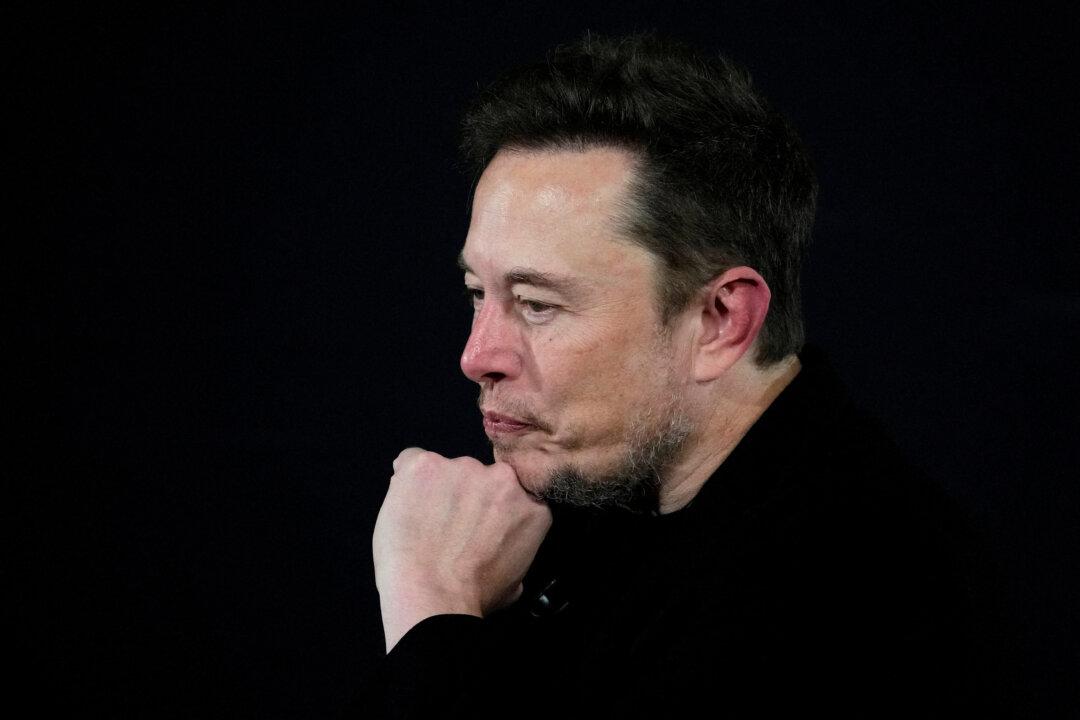Elon Musk has strengthened his endorsement of German right-wing political party Alternative for Germany (AfD), defending it against accusations of extremism and championing its policies as the nation’s best path forward during challenging times.
Writing in a Dec. 28 op-ed in the Welt am Sonntag newspaper, Musk said that the AfD supports the kinds of policies for Germany that have made success possible for the companies he runs in the United States—such as Tesla and SpaceX. The policies Musk cited include promoting economic freedom, reducing government overreach, cutting taxes, and rolling back regulations.





